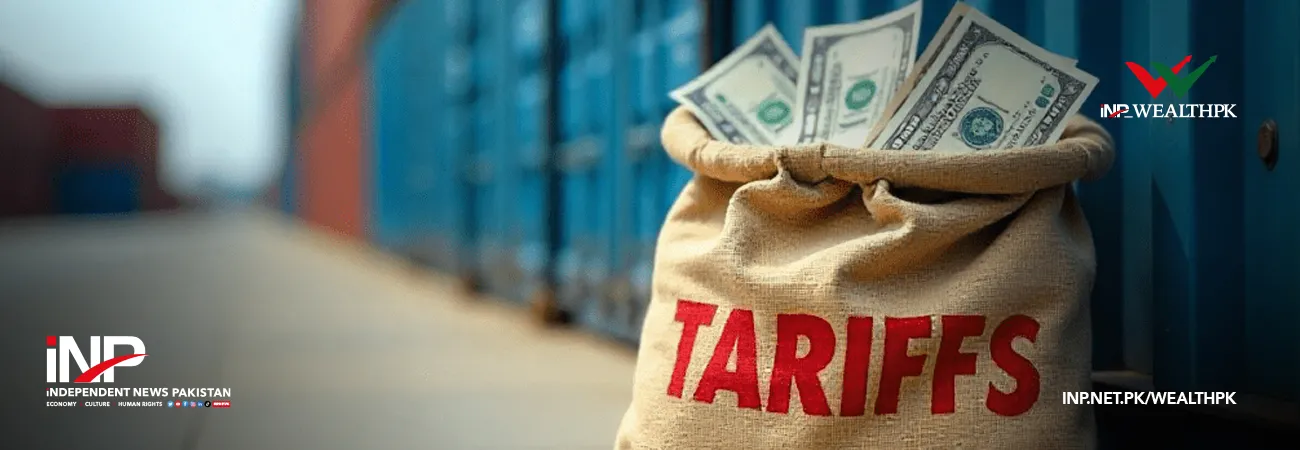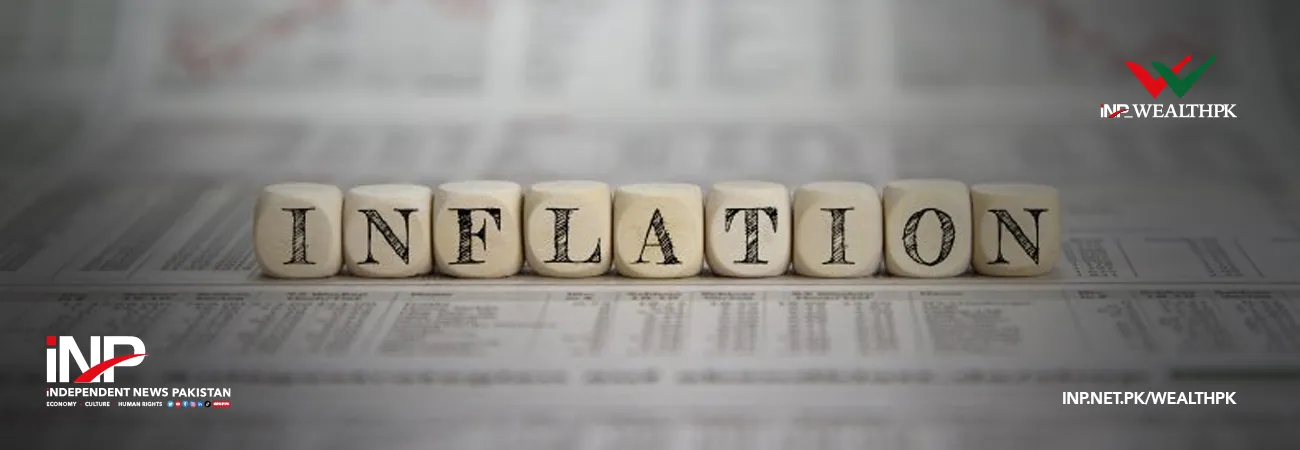INP-WealthPk
Ayesha Saba
The government’s recent tariff reforms in the federal budget, aimed at stimulating manufacturing and industrial growth, have been widely welcomed as a positive step forward. However, experts cautioned that without addressing underlying structural challenges, the long-term effectiveness of these reforms may be significantly constrained.

In a conversation with WealthPK, Muhammad Ali Khan, Policy Analyst at S&P Global, said the tariff reductions are a necessary intervention to support Pakistan’s struggling industrial sector. “High tariffs on essential inputs have long been a burden on manufacturers, particularly in textiles, automobiles, and pharmaceuticals,” he explained.
“By lowering these costs, the government is attempting to make Pakistani goods more competitive in international markets, which is crucial for export-led growth,” he noted. The textile sector, which contributes over 60% of Pakistan’s exports, stands to benefit significantly from these reforms, as lower input costs could improve profit margins and attract foreign investment, he said.
However, Muhammad Ali cautioned that tariff adjustments alone will not be enough to revive industrial growth. He pointed out that Pakistan’s manufacturing sector faces deeper issues, including chronic energy shortages, outdated technology, and bureaucratic red tape. “While reducing tariffs is a positive step, industries still suffer from prolonged power outages and gas shortages,” he said.
“Without reliable energy supplies, even the most competitive tariff structure will not lead to sustainable growth,” he asserted. Additionally, the high cost of borrowing and limited access to financing for small and medium enterprises remain significant barriers to industrial expansion, he noted.
Muhammad Ali argues that the government must also focus on nurturing emerging sectors, supporting innovation, and integrating into global value chains to sustain long-term industrial growth. “Without a strategic industrial policy, tariff reforms may only serve as a short-term stimulus rather than a sustainable development tool.”
Talking to WealthPK, an official from the Trade Development Authority of Pakistan, said while the recent tariff reductions mark a positive policy shift, their effectiveness will depend largely on how well they are supported by complementary reforms. “Bridging the gap between policy design and ground realities remains a key challenge.”
He stressed that tariff policy must be part of a broader, coherent industrial strategy that addresses both supply-side and demand-side bottlenecks to enable Pakistan’s manufacturing sector to truly thrive. “Reducing tariffs and simplifying NTBs (Non-Tariff Barriers) would allow the Pakistani industries to become more competitive globally, encourage innovation, and improve consumer welfare,” he underscored.
The TDAP official said that a phased reduction in tariffs, coupled with a more transparent system of non-tariff measures, would provide the industries with time to adjust while also unlocking new opportunities for growth.
Credit: INP-WealthPk













